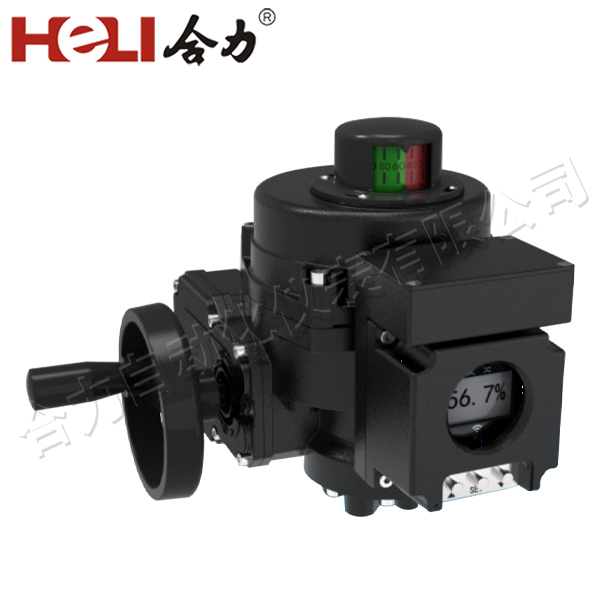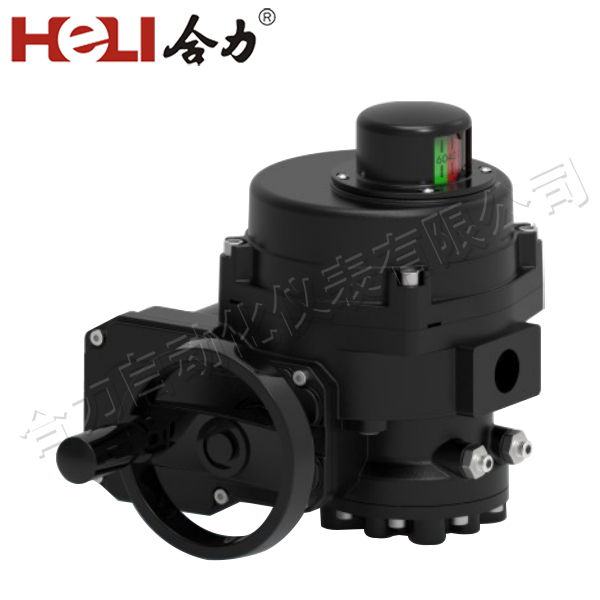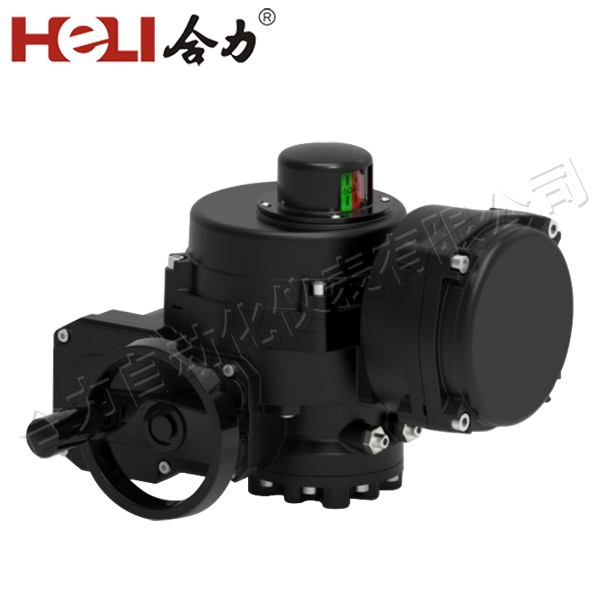the future of motion: hydrogen energy electric actuators in modern technology
Release time:2025-03-30 02:07:52
Hydrogen energy is emerging as a pivotal force in the transition toward sustainable technologies. Among the various innovations powered by hydrogen, one particularly notable development is the hydrogen energy electric actuator. These devices are revolutionizing industries by providing a cleaner, more efficient alternative to traditional electric actuators, which are often dependent on fossil fuels. With applications ranging from automotive to robotics, hydrogen-powered actuators represent a key step in reducing carbon emissions while improving the efficiency and precision of mechanical systems.

What is a Hydrogen Energy Electric Actuator?

At its core, a hydrogen energy electric actuator is a device that converts hydrogen energy into mechanical motion. Unlike traditional electric actuators, which rely on electric motors powered by batteries or grid electricity, hydrogen actuators use fuel cells that produce electricity by combining hydrogen with oxygen. This process releases only water vapor as a byproduct, making it an exceptionally clean energy source. The actuator then uses this electricity to power the mechanical motion, enabling devices and systems to operate smoothly and efficiently.




